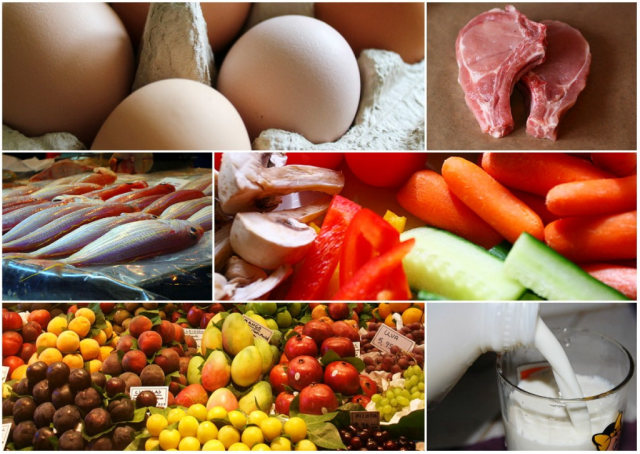Positive economic developments
A slash in the VAT for foodstuffs came into force on June 1 in Romania.

Ştefan Stoica, 02.06.2015, 14:15
Early June has brought good news for Romanians. On the one hand, president Klaus Iohannis has signed the law doubling child benefits, from a little above 9 Euros at present, to 18 Euros. This year alone this law will incur expenses of 200 million Euros from the state budget. On the other hand, the new law providing for a slash in the VAT for foodstuffs, from 24 to 9%, came into force. Prime Minister Victor Ponta gave assurances that there will be no negative impact on the budget. He argued that both measures were made possible due to an increase in productivity and progress in collecting tax revenues.
The Labour Ministry is currently working on a law package to pay child benefits according to each familys income. Due to be made public in September, that draft law has already sparked controversies linked to its discriminatory nature. With the slash in the VAT for foodstuffs, large department stores have lowered their prices, displaying both the price prior to the slash in VAT and the new price. Analysts estimate that the slash will not leave extra cash in peoples pockets, but the government hopes it will boost consumption and stimulate economic growth.
According to the latest economic forecasts, Romanias economy is also expected to grow beyond the estimates made in early 2015. The upward trend of the economy will in turn trigger positive economic prospects for 2015 and the years to come. The National Forecast Committee has recently upgraded its economic growth estimate for 2015, from 2.8% to 3.3%. The growing pace of the economy might lead to a growth rate of 4% in 2018. The European Commission, the World Bank and the European Bank for Reconstruction and Development estimate that the economy will grow by over 3% on average in the following years, as compared to their initial 2.5 – 2.8.% estimate.
In the first quarter of the year, the economy grew by 4.3% more compared to the same period of last year. Interest rates in the national currency plummeted, which triggered an increase in the revenues and bigger consumption figures. The car market has also recovered, with truck sales going up by over 20% in the first months. The slash in the value-added tax for foodstuffs will increase consumption, due to a 12% drop in prices for foodstuffs, and will generate an 0.5% increase of the GDP.






























